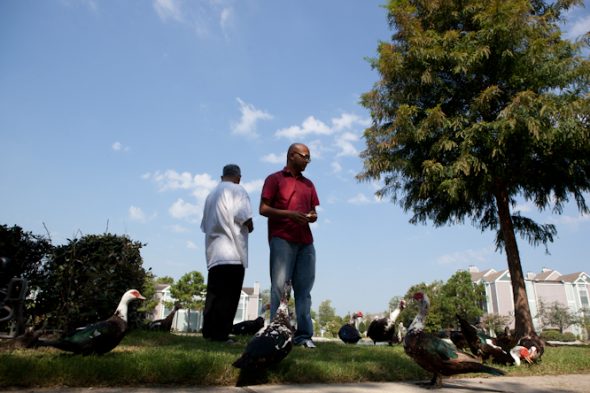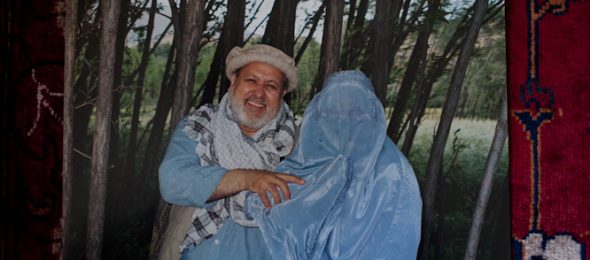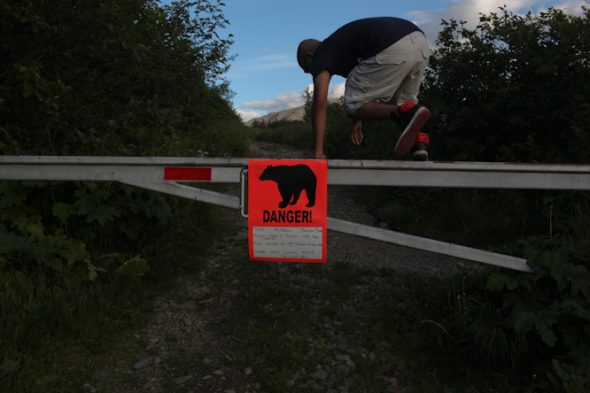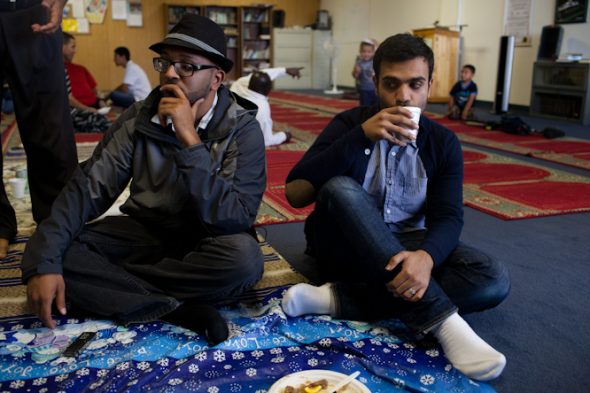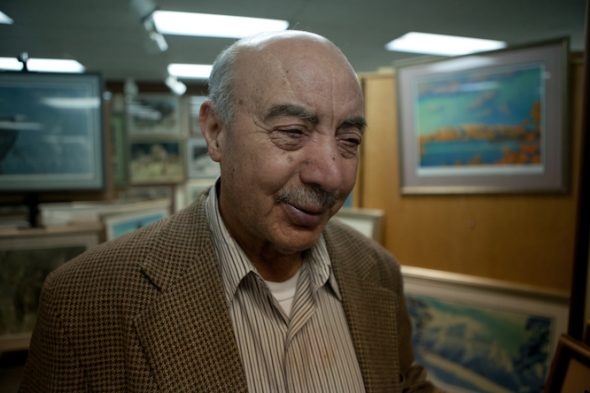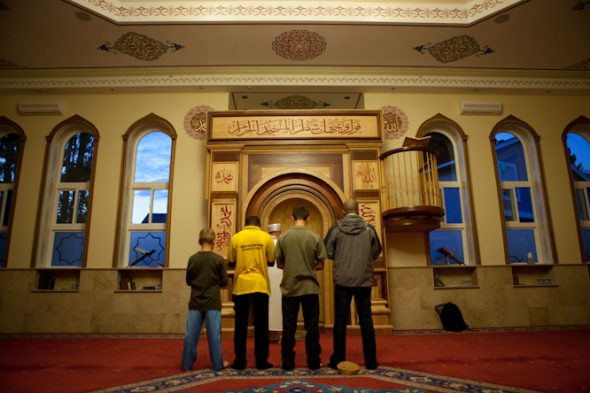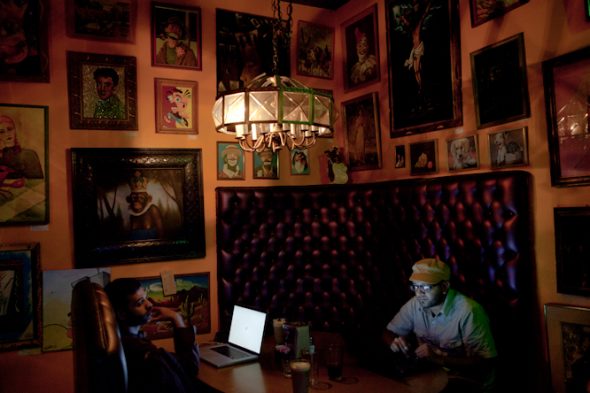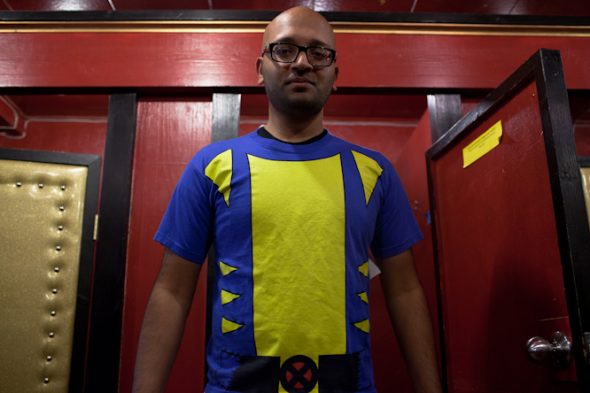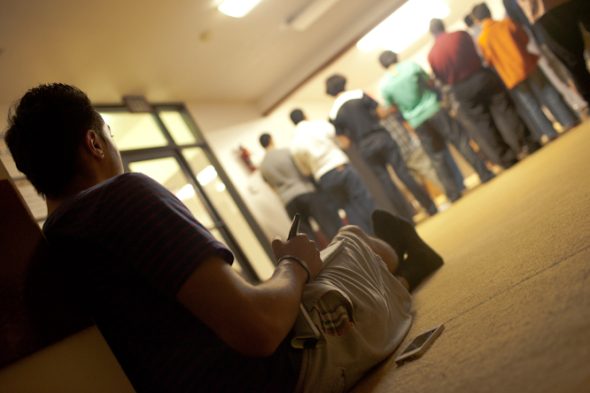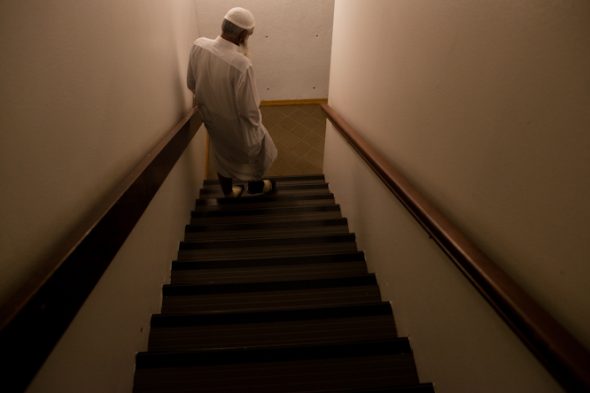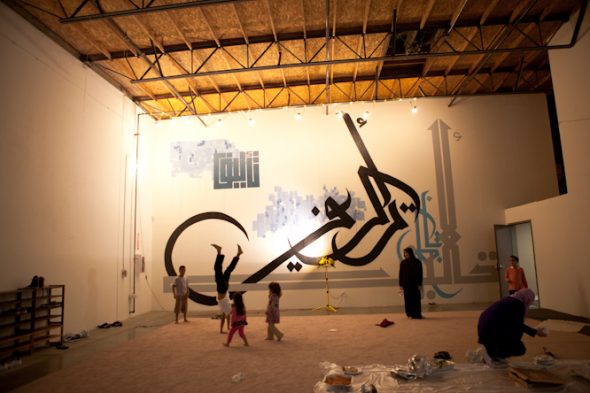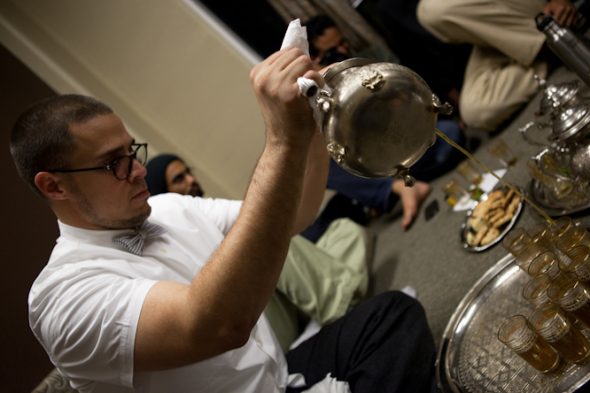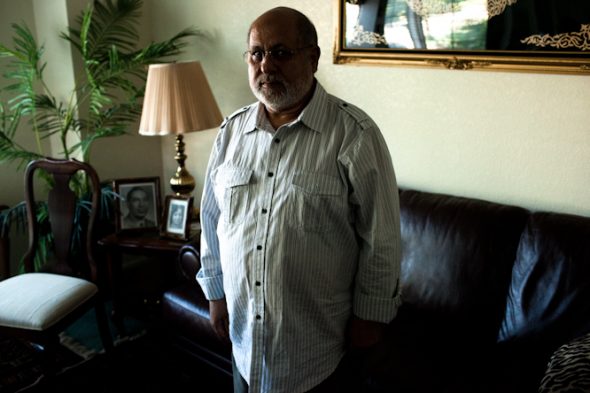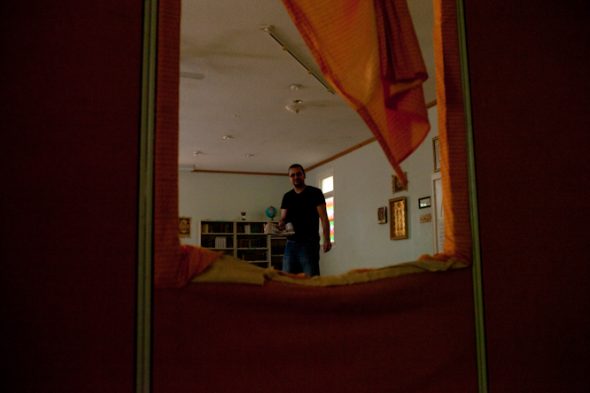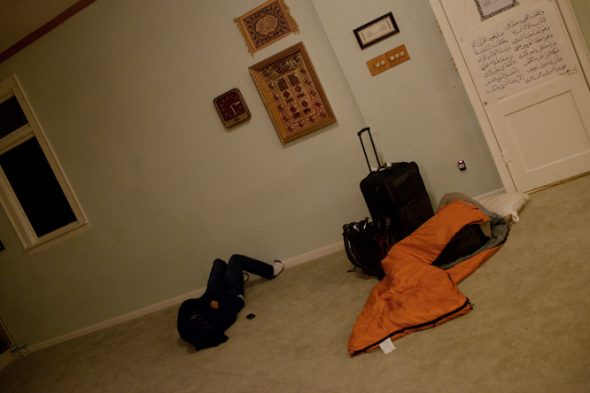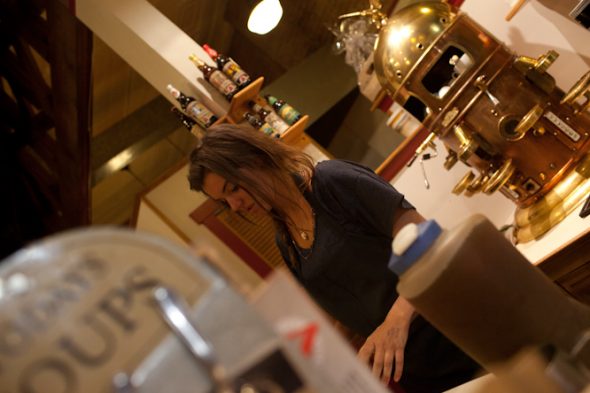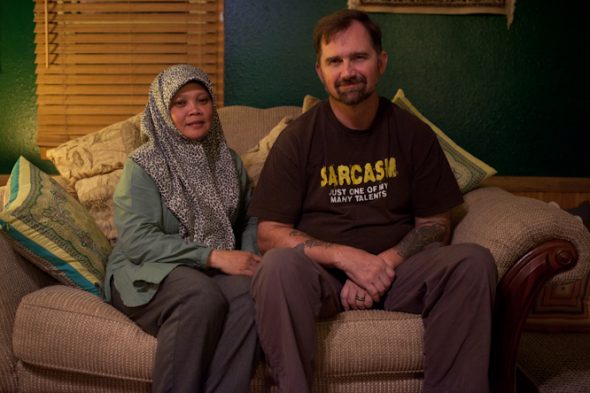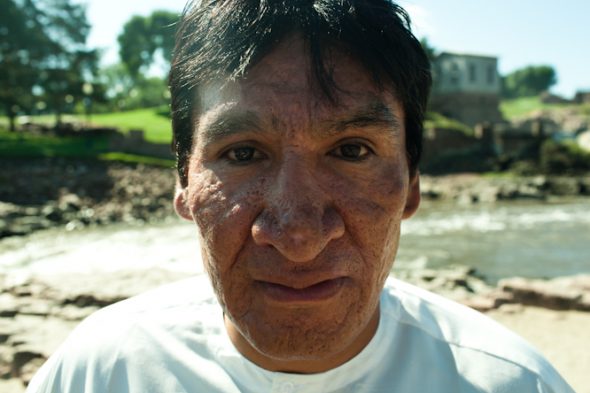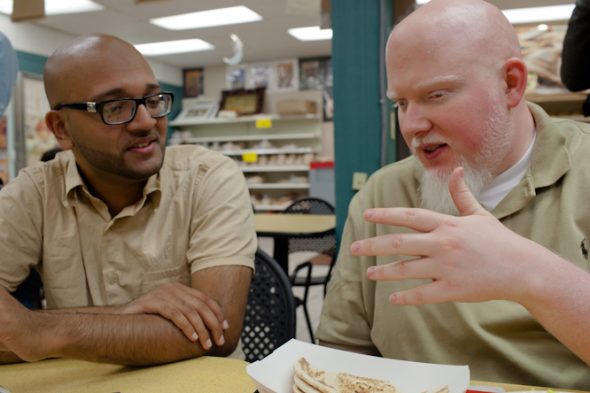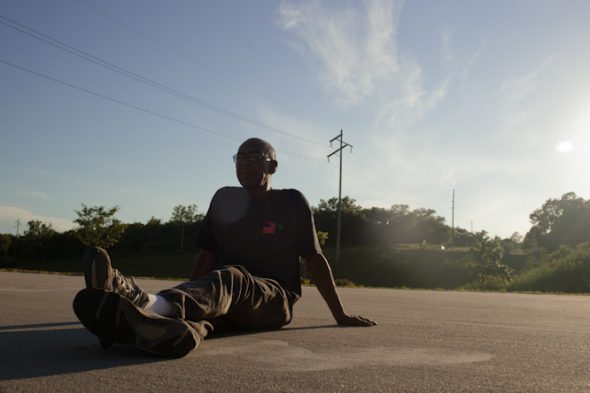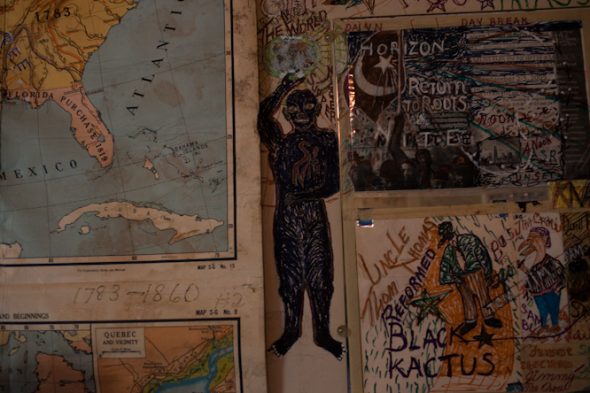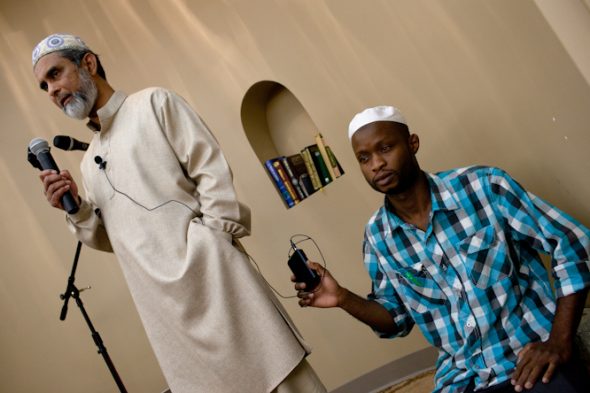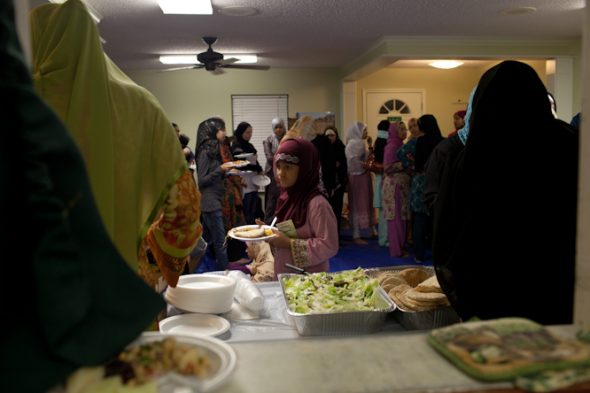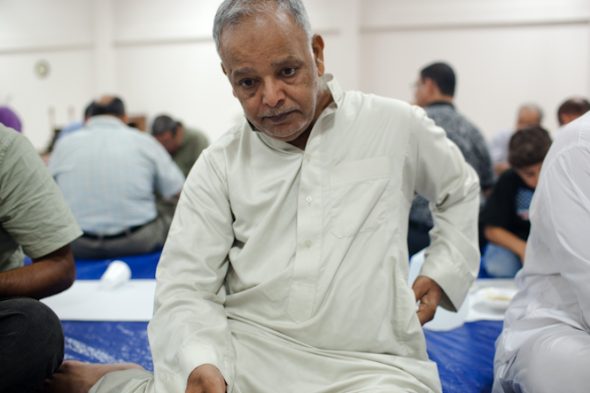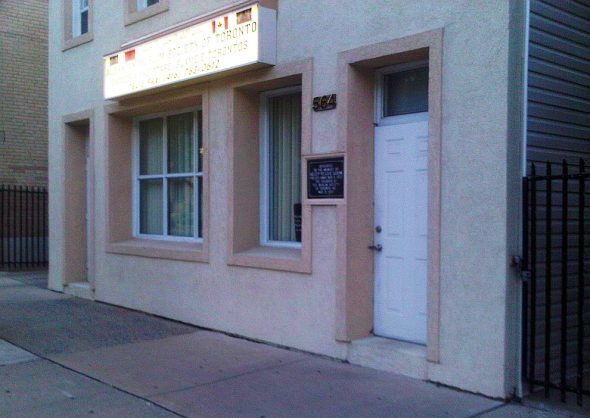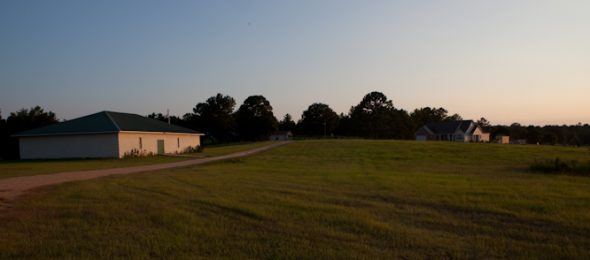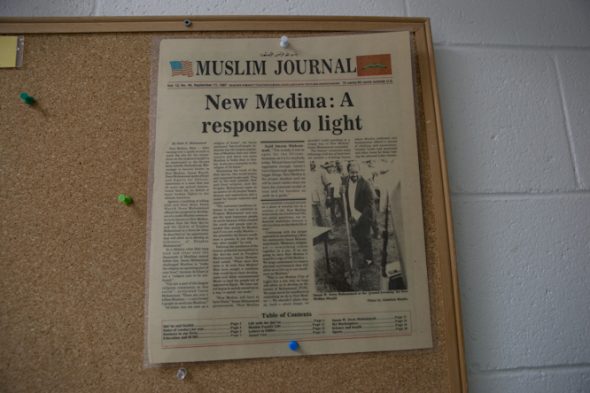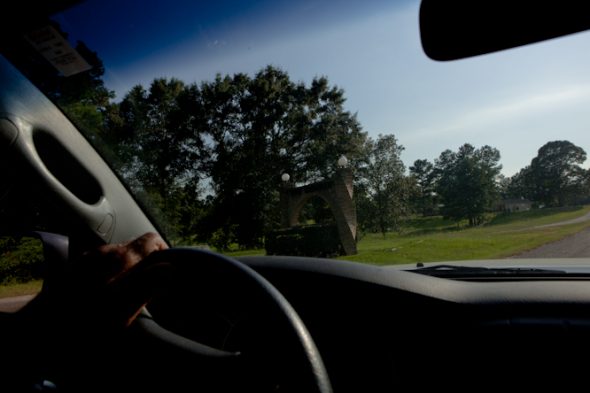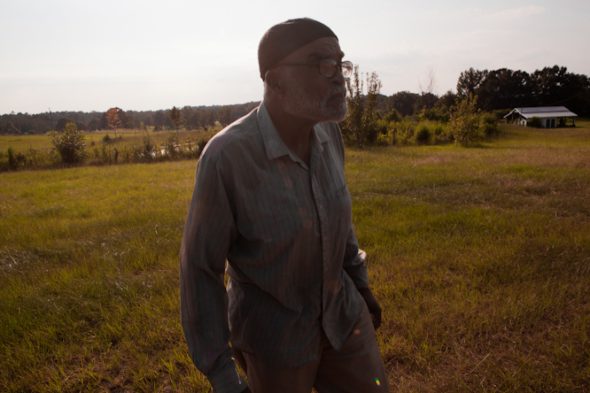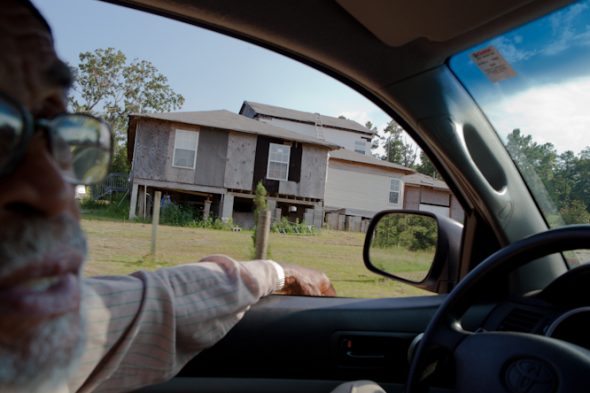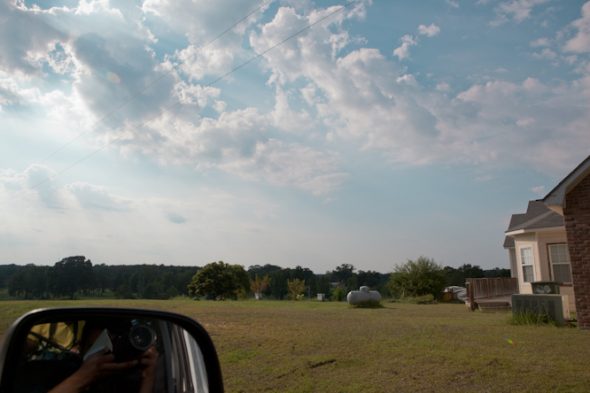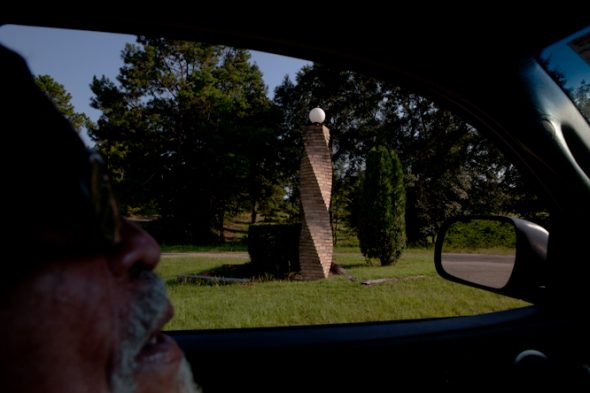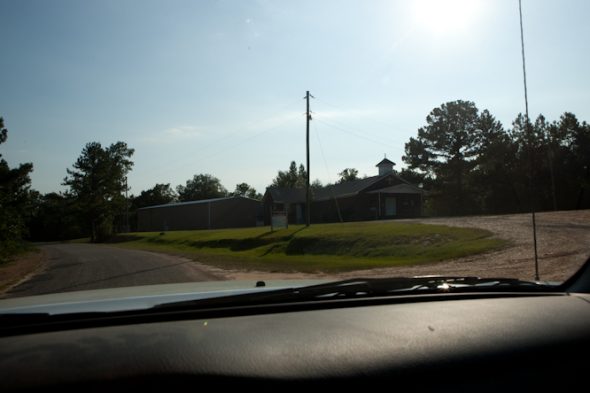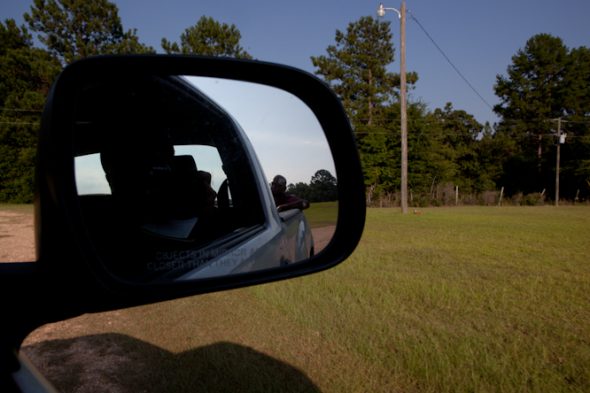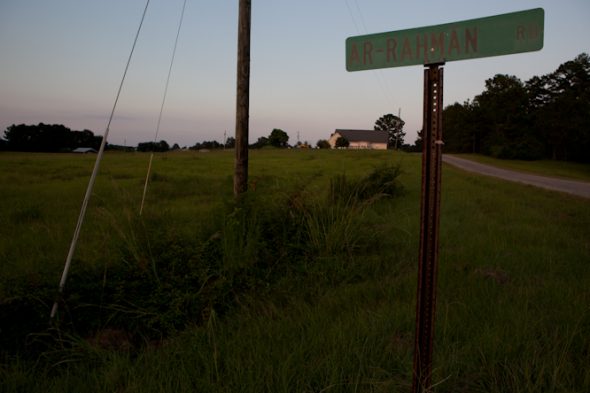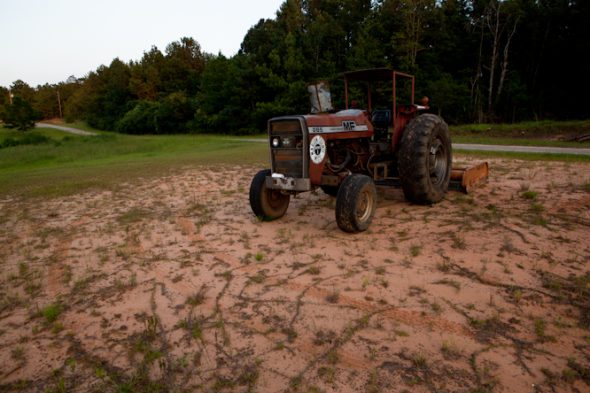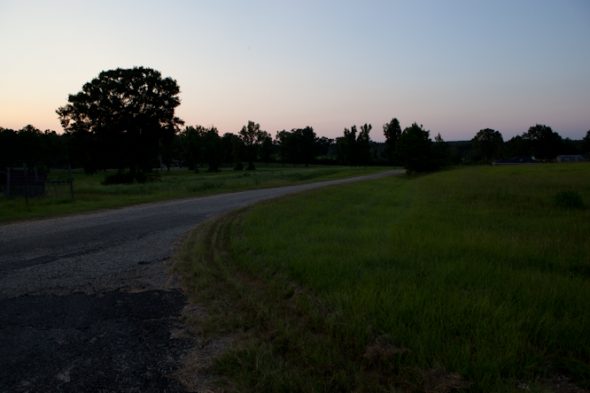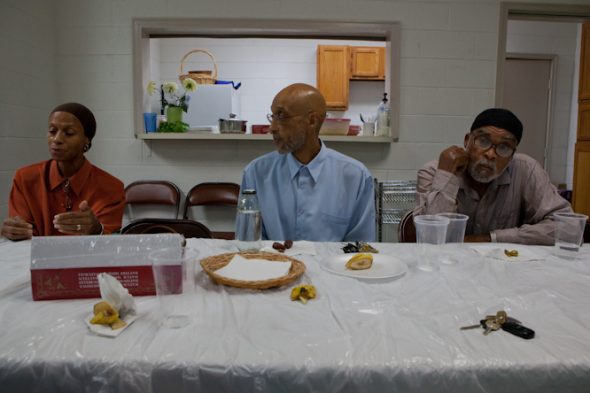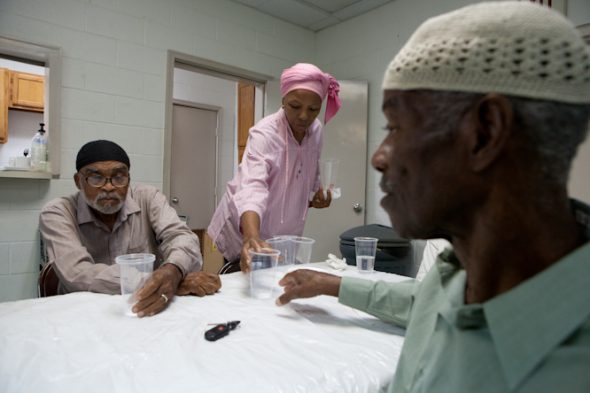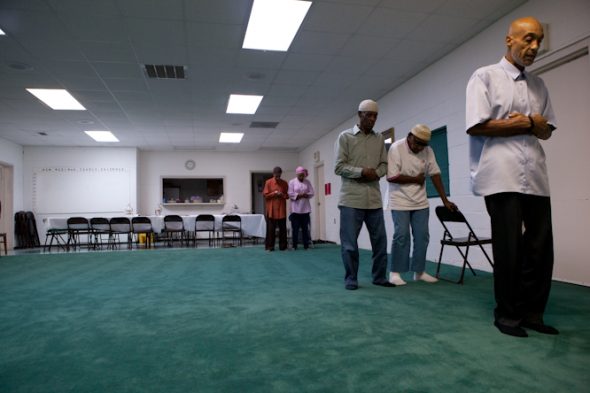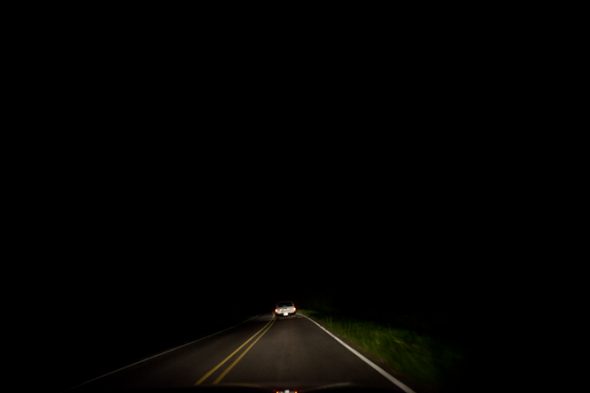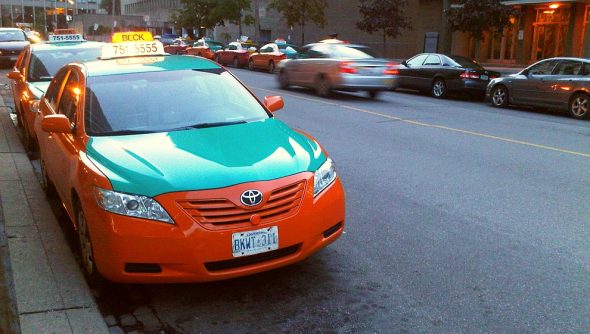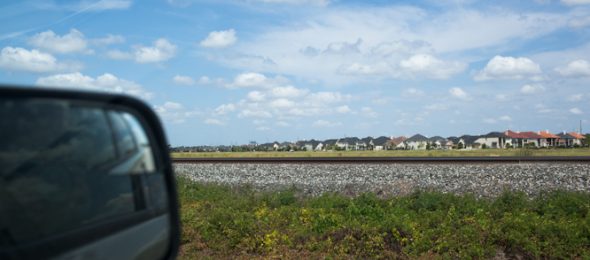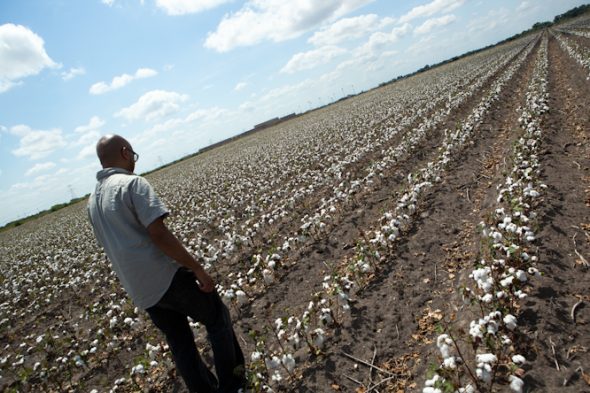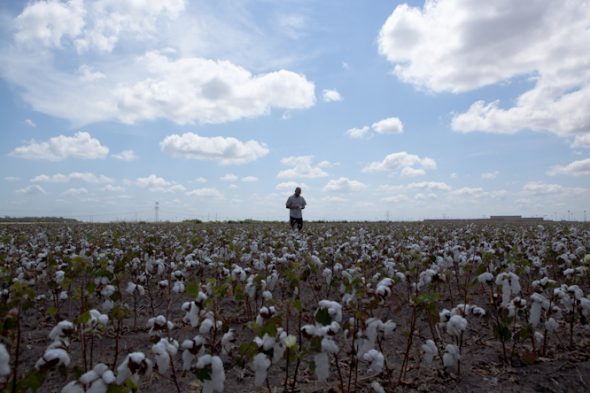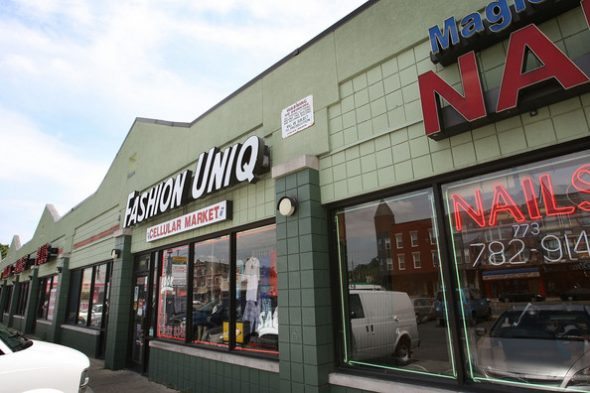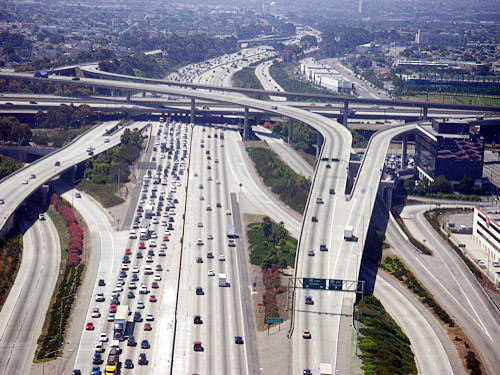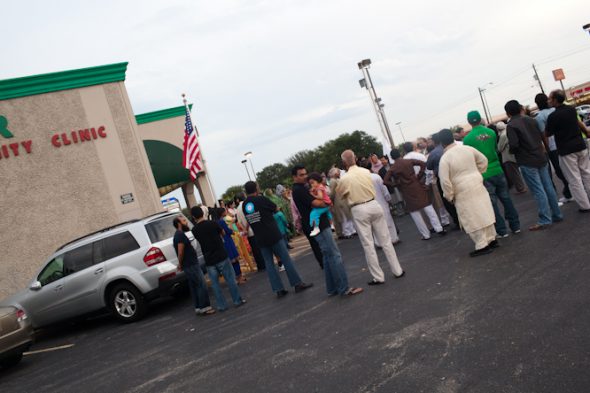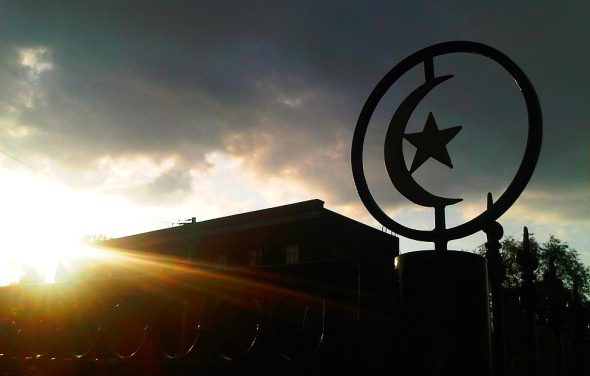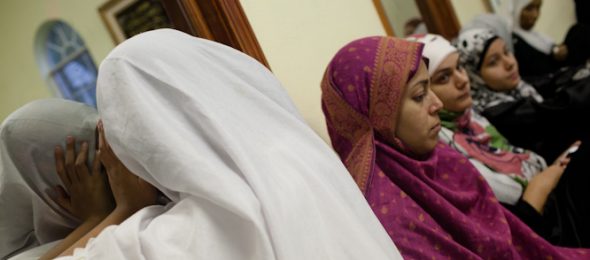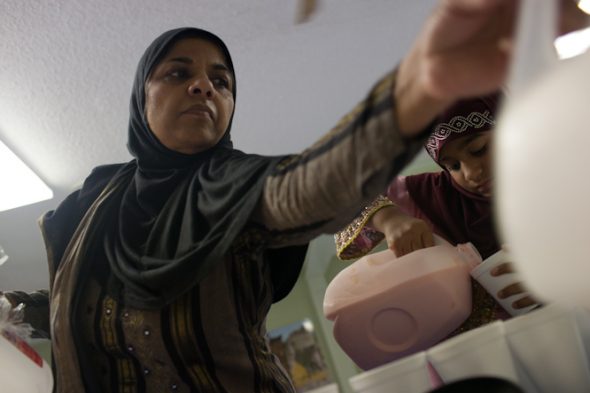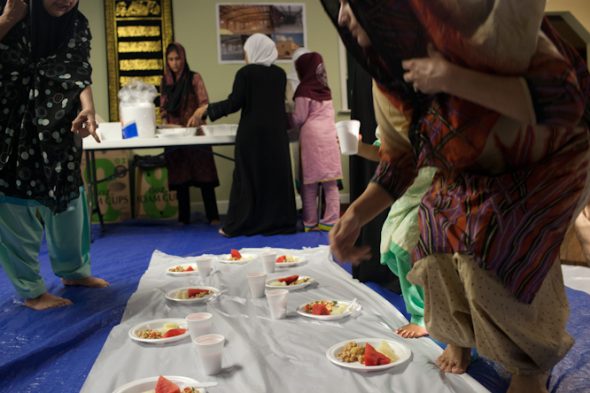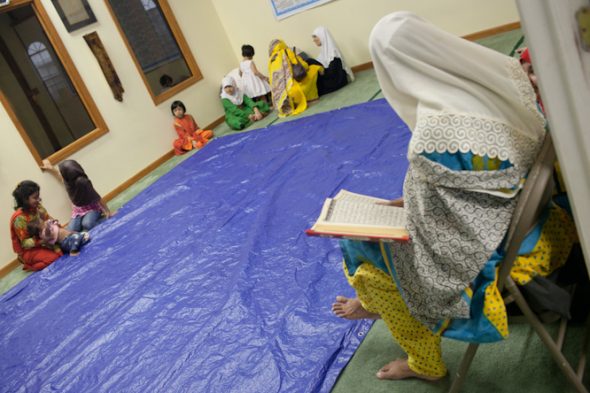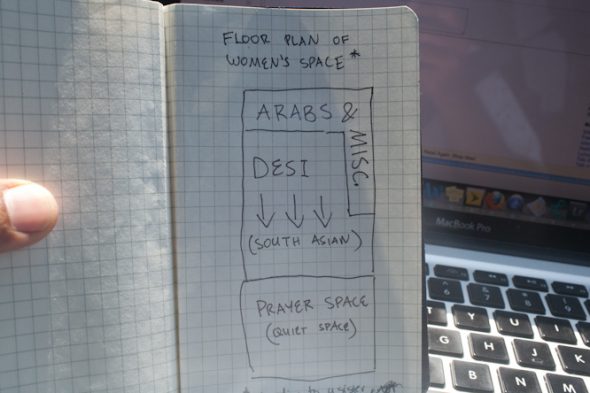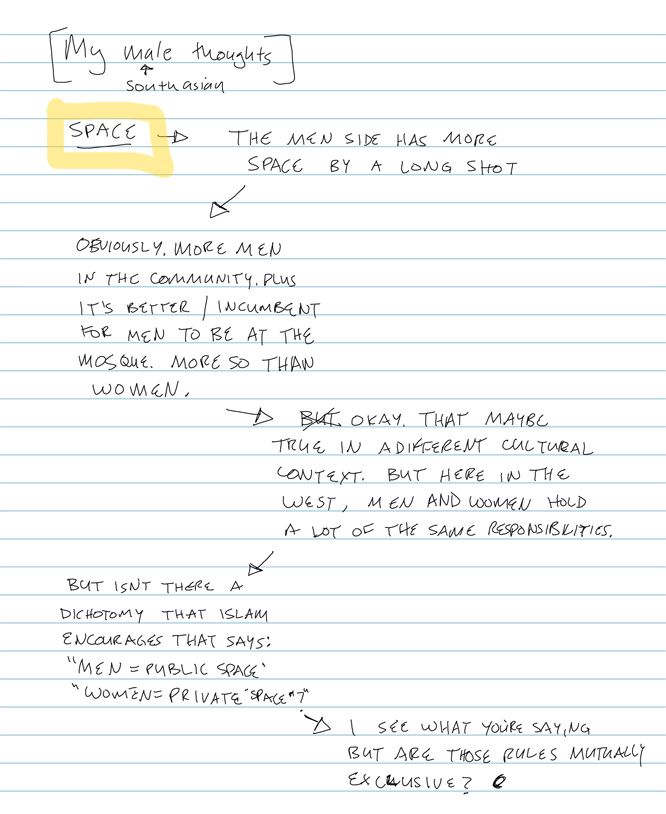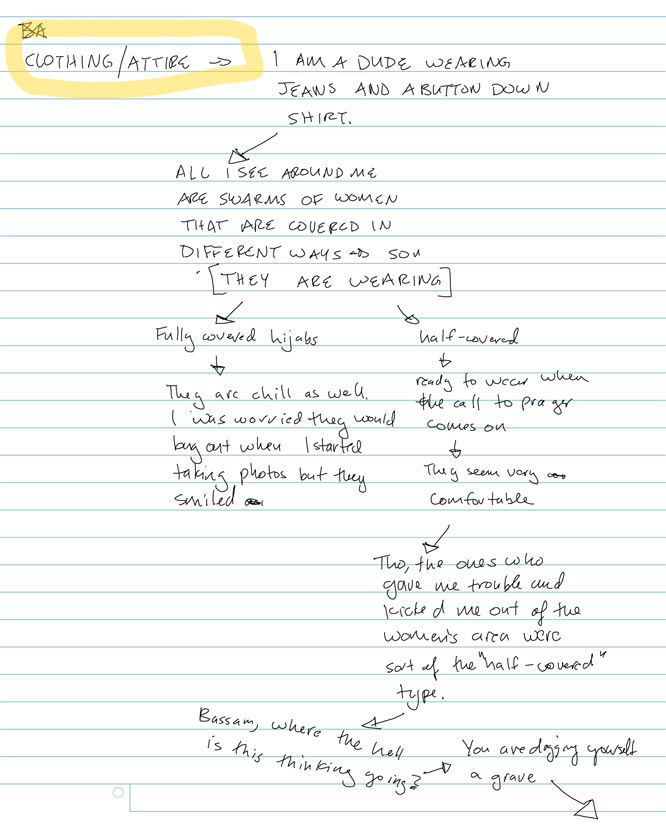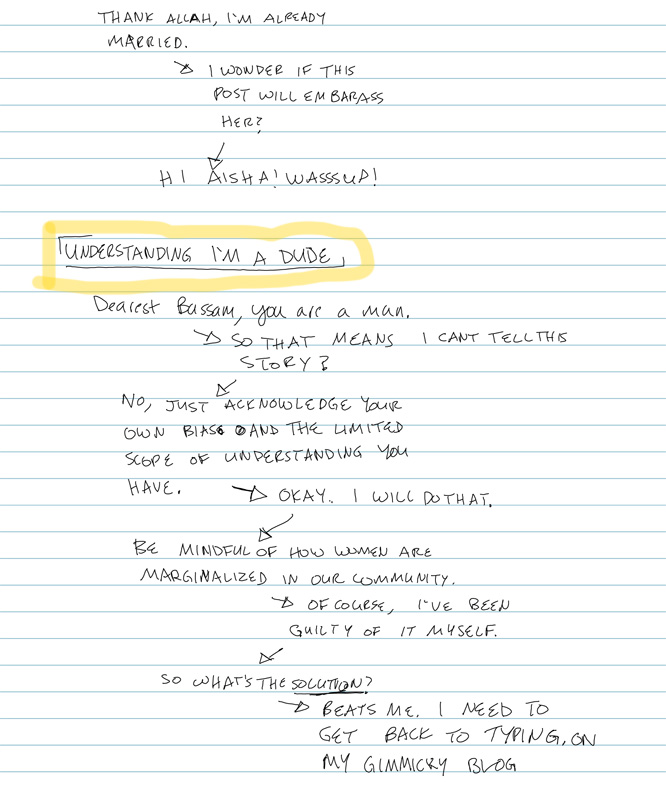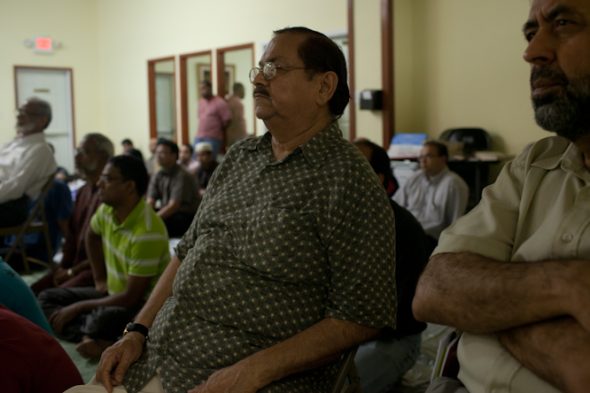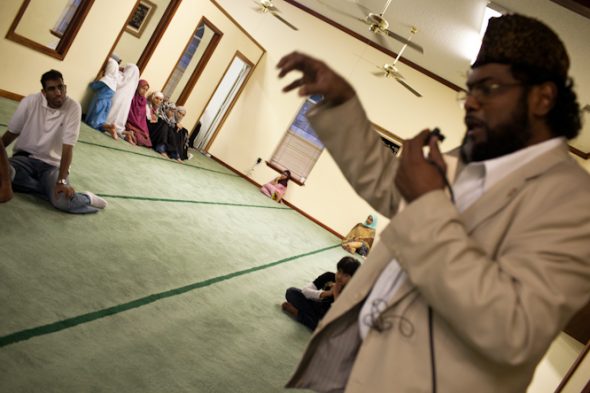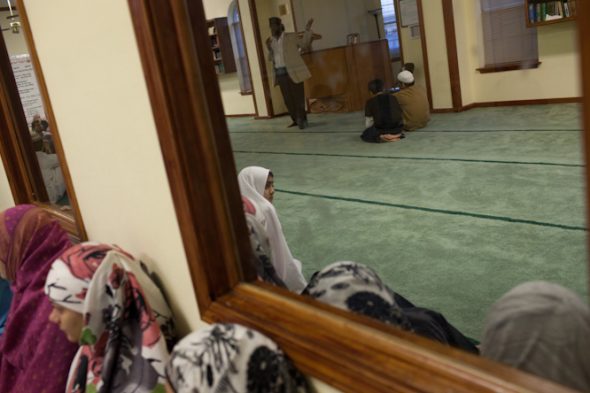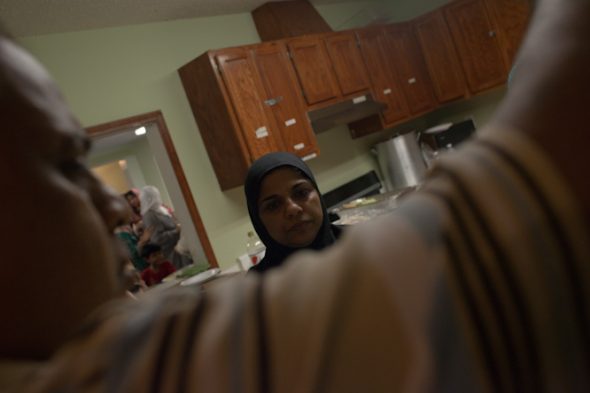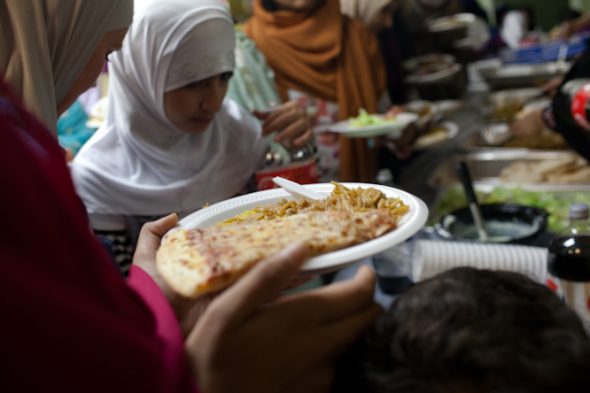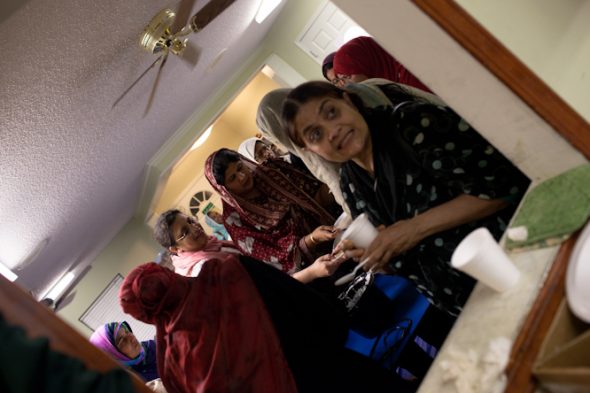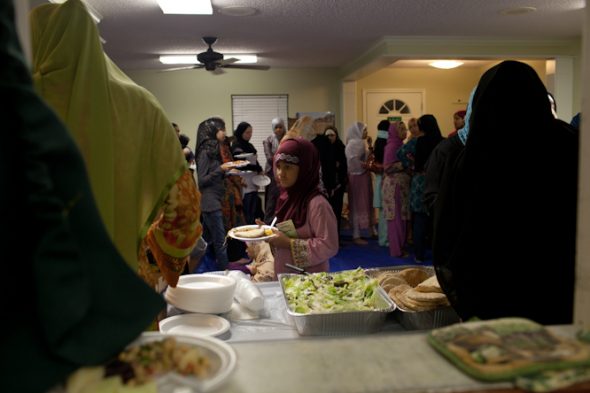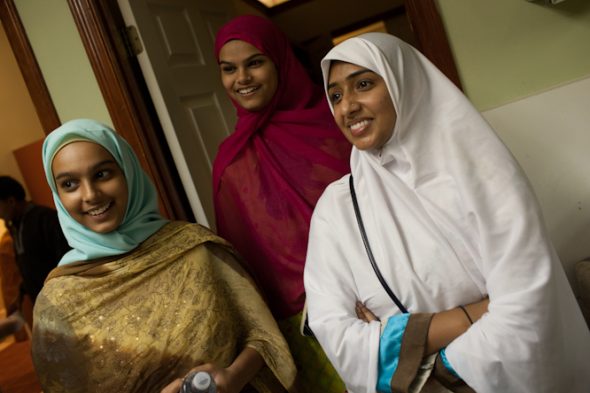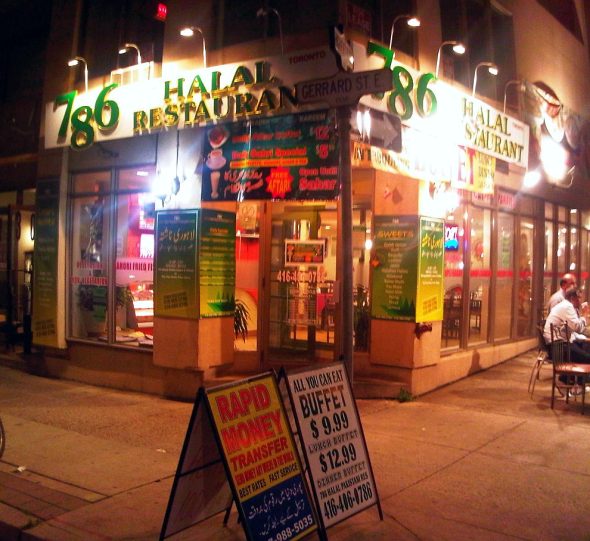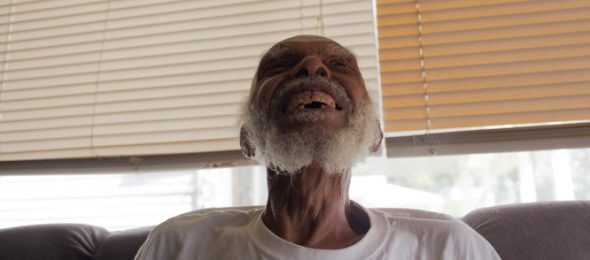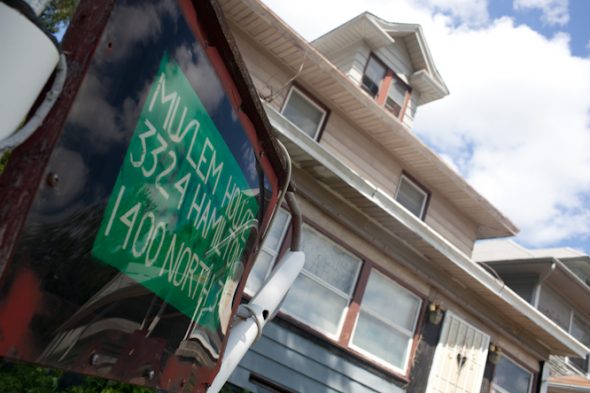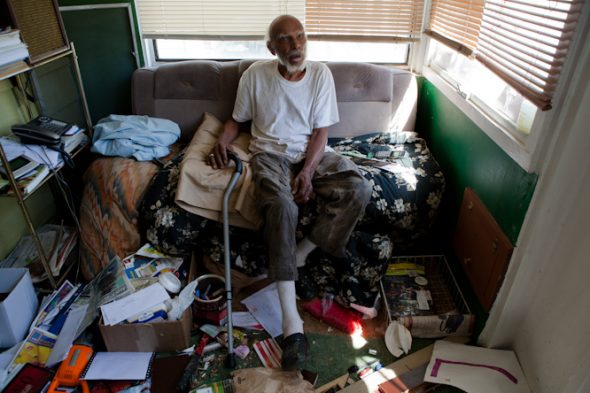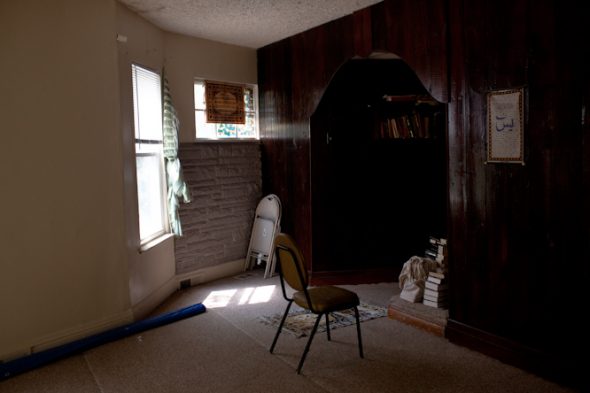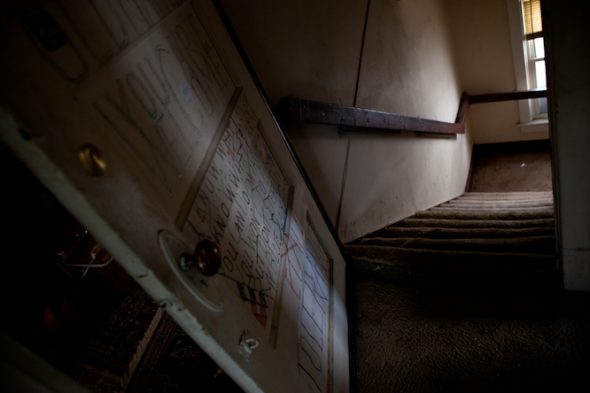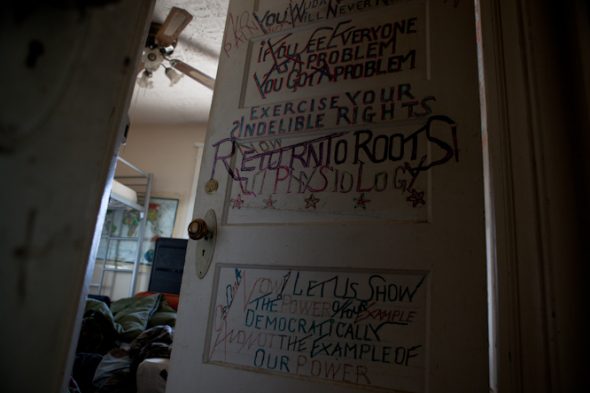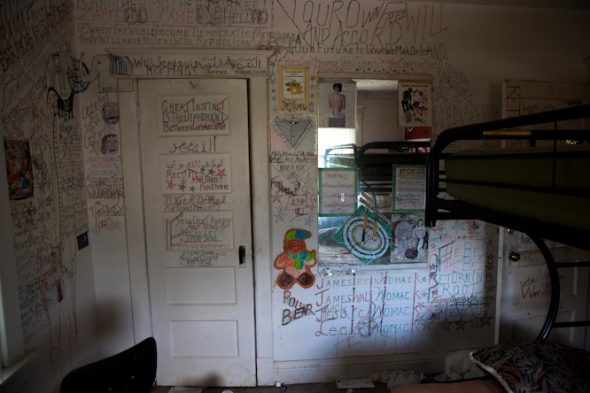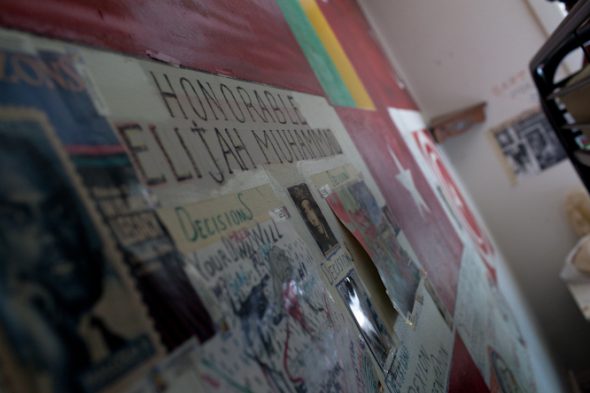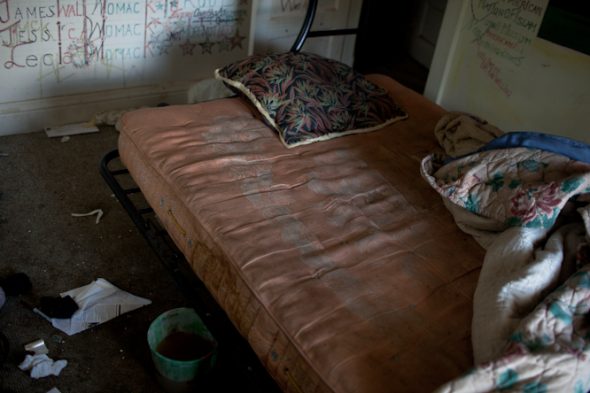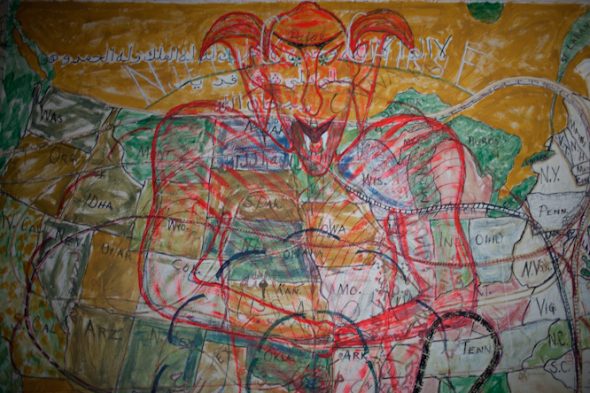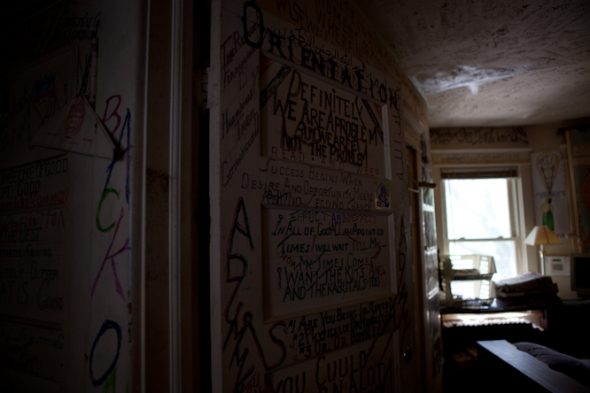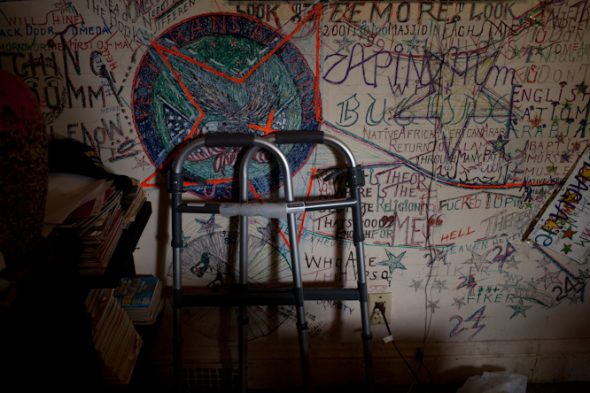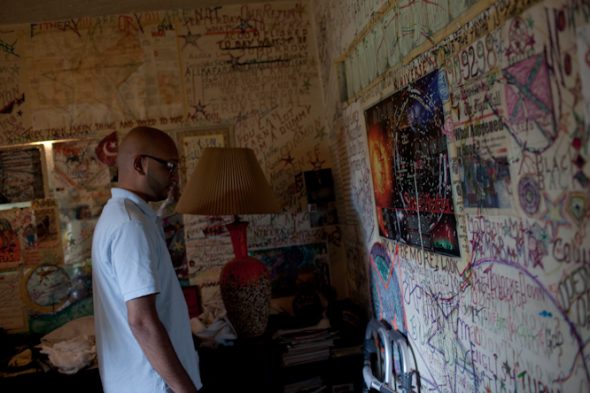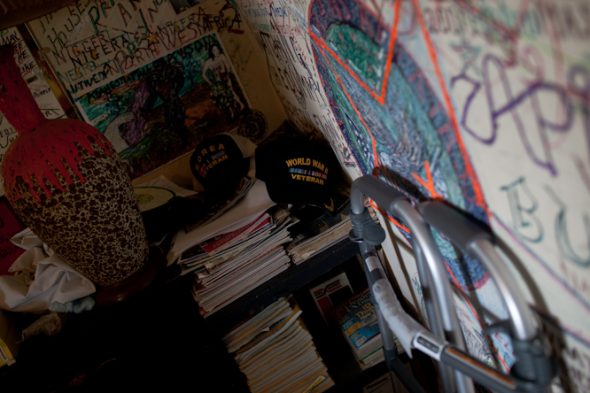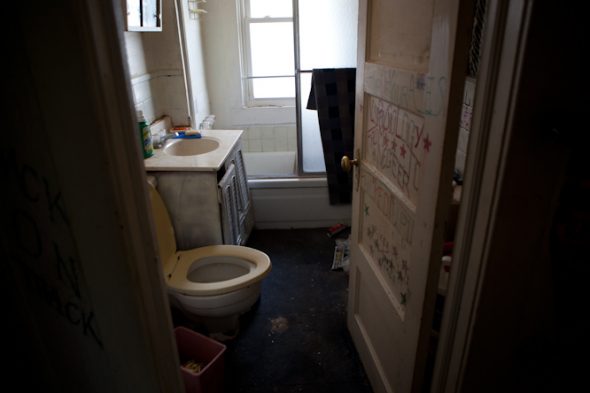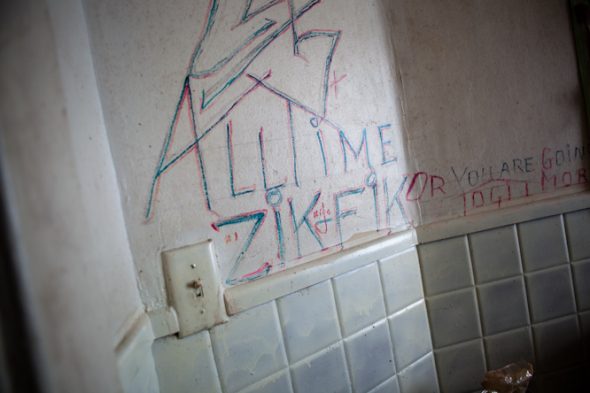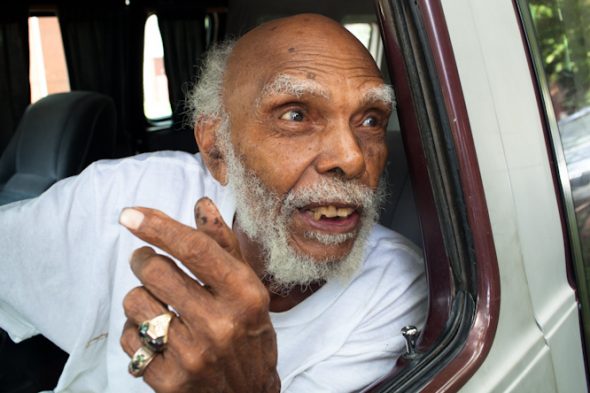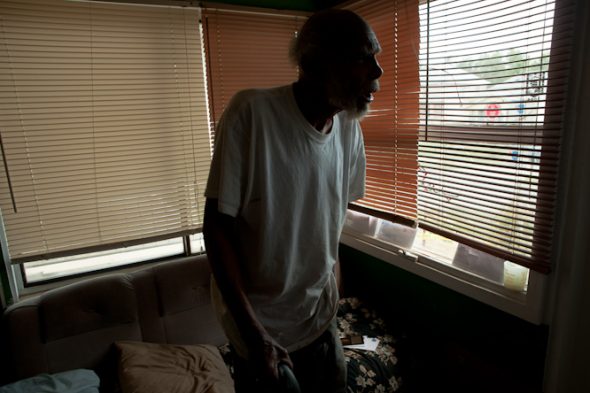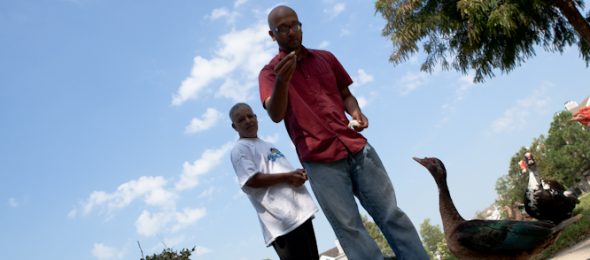
By Aman Ali
My father is battling one of the strongest demons he’s ever faced in his life. He’s 66 years old and began working at the age of 9. Health reasons forced him to recently retire and ever since he’s been coping with what relevance he feels like he has in this world.
“The only thing I know is work,” he said before pausing and staring at a wall. “As long as I’m able to work, I want to work. Right now I feel like a cripple.”
New Orleans wasn’t a scheduled stop on our tour, but I wanted to surprise my parents with an unexpected visit. My brother Salman lives here and my parents moved in from their home in Columbus, Ohio about a year ago when my dad was forced to retire. After spending over 30 years working in the baking industry, my dad had a severe heart scare last year and had to stop working.
Now, he spends his days in my brother’s apartment wrestling with a retirement he wants no part of.
“I cannot relax,” he said. “I have to do something. That’s my nature. Maybe I’m not used to it yet but I don’t want to get used to it.”
I cannot begin to tell you how hard my father worked to make a better life for my brothers and I. I’m sure your father did too. But I feel like it’s something we can never mention enough. But it’s times like this that make it so painful to watch my father go through this struggle when I feel like he doesn’t have to.
Because I live in New York City and am constantly traveling, it’s a rare gem to see my parents and any of my four brothers who are scattered across the country. Anyone who knows my family knows our passion for verbally berating each other with jokes, one-liners and insults. So I was eager to break fast with everyone at the mosque and throw some verbal jabs at my dad when he totally snubbed me and my brothers and sat with some of his friends.
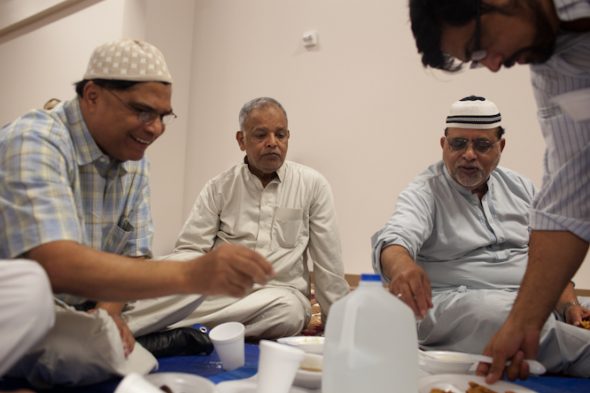
“It’s weird, dad has friends now,” my little brother Zeshawn snarked. “He’s BFFs with those guys over there and they formed their own clique. It’s like the Muslim version of Mean Girls.”
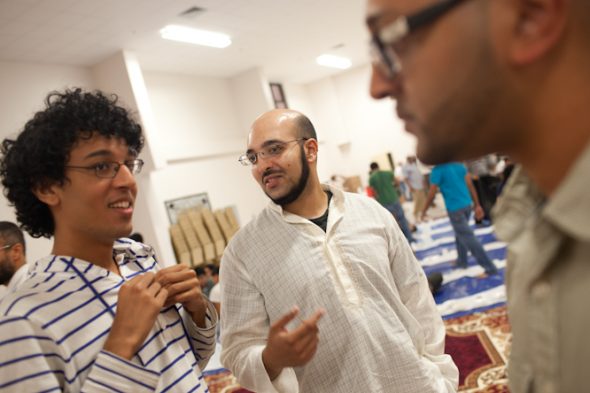
I interrupt my dad’s bromance session and convince him to sit with us and he begrudgingly agrees. I asked him what his daily routine is like in New Orleans now that he’s unofficially retired. He wakes up every day to take my mom to work. He then comes home to do a little bit of cooking, watch tv and maybe pray at the mosque before it’s time to pick my mom up from work at the end of the day.
“Sometimes I get jealous dropping her off because she gets to work and I don’t,” he says while drinking some tea. “It’s tough seeing somebody work and all I can do is be the chaueffer.”
My dad raised my four brothers and I by making huge sacrifices. He worked for a baking company and was on the road 4-5 days a week meeting with clients all around the country. Working is the only thing he knows how to do. When I asked him what hobbies he has in order to relax, he says “I work.”
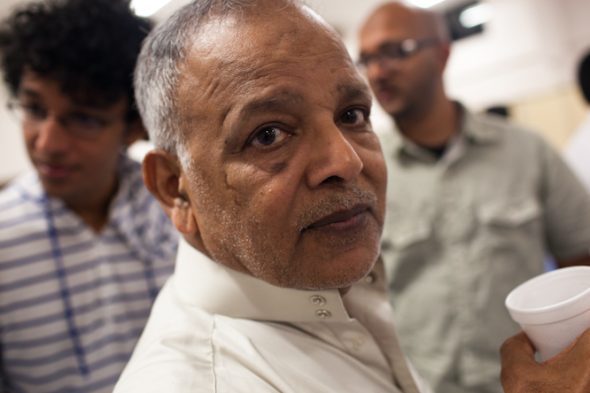
Our family heads home to my brother’s apartment to discuss some exciting new changes in Salman’s life. As you recall from the blog last year, Salman at the time was making peace with a divorce. In September, he will be getting married to a (un)lucky lady and together the two will move to Ohio. It’s one of many reasons my family should be happy right now because of all the good news in me and my brothers’ lives.
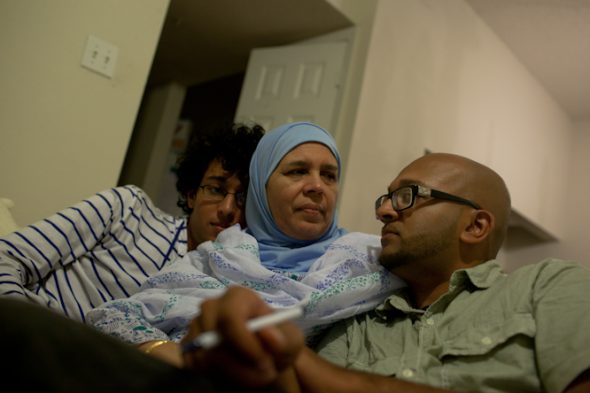
“This is the time we should be thanking Allah,” my mom pleads to my dad. “All the mistakes we made and things we didn’t do, our five boys are fixing those mistakes with their success. When I see Aman, I feel like I’m inside him and doing what he’s doing and I’m inside Zeshawn doing what he’s doing.”
“What’s Zeshawn doing?” my dad said with a wry and squeaking chuckle. “That kid is a bum.”
Zeshawn rolls his eyes and my mom consoles him with a hug.
My dad has a personality switch that goes from stoic to goofball in seconds. One minute he’s quiet and will barely even utter a peep and the next minute he’s riffing about how dorky my glasses are. I giggle incessantly everytime he opens his mouth.
I ask my dad why he can’t sit back, relax and smile at all the joy in our family right now. My mom responds instead.
“Your father worked hard all his life for the past 40 years,” she said. “He can’t stay one day at home. He feels very good when he’s working and helping people and right now he feels like he can’t.”
But there’s no reason for him to work. My brothers and I are blessed to be independent adults who don’t need him to support us. Maybe that’s what the problem is, Salman said.
“For dad’s entire life, he’s wrapped his identity around doing work,” Salman said. “He’s used to being the one that’s in control. He’s used to driving the bus and he’s having difficulty sitting in the backseat.”
My brothers and I have tried what feels like everything to comfort my dad during this difficult time. We call him every time we get a free moment and visit whenever we can. We’re all doing very well in our respective lives and why can’t that be enough?
“We don’t know what makes him happy in life, honestly,” Salman said. “It’s important that we want our father to be proud of us, but it’s his personality he’s always going to find something to be unhappy about.”
My father has a success narrative similar to many fathers out there. He grew up in India and at a young age was determined to move to the United States when he married my mom. He was extremely poor and one of his first jobs was mopping the floors at a Dunkin Donuts. From there he worked his way up the ranks and onto corporate baking companies.
“You worked so hard, so now is the time you should be praying to Allah thanking him for all that he’s given us,” my mom said.
My dad wiggles around on the coach and squeams. He stares at a wall and I can tell he’s beating himself up on the inside. My father is extremely hard on himself and always feels like nobody likes him. Maybe it comes with the territory of being a father, a job most people often don’t give enough credit to.
“All I want is for my kids to respect me” Dad said.
My dad had a pretty traumatic upbringing in India, the details of which I barely know. But for that reason, he doesn’t often keep in touch with relatives because it reminds him of the past. But my mom asks him how can he expect us kids to respect him when he neglects people pivotal to him in his own upbringing.
“You haven’t seen your aunt in almost 15 years,” my mom said. “She practically raised you like her own son.”
“I raised you Aman like you were one of my own sons too,” my dad said with his goofy chuckle again. “Good thing I saved the receipt on you though.”
My dad mentions he’s happy to see me though because for the past few days he’s been feeling down.
“I’m feeling sick,” he said. “Something is not right inside me. I don’t know what. The last two days I didn’t do nothing but sleep. Something is not right inside me.”
I’m too scared to ask what he means by “Something is not right inside me.” But it’s been stuck in my head and I’ve been praying ever since he no longer feels like this.
I wake up the next morning and my dad asks me to come with him to a pond nearby the apartment complex. He’s carrying a loaf of bread and all of a sudden more than 25 ducks see my dad and run towards him in anticipation.
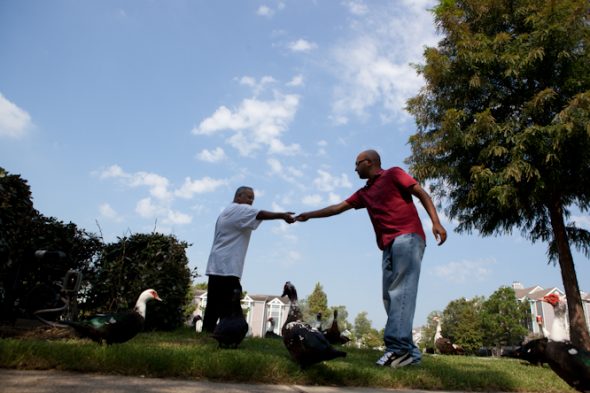
“The ducks here love me,” he said. “They wait for me every morning by my car. They don’t do this to anyone else.”
And he’s right. Bassam pulls out his camera to take pictures and the ducks begin to run away. My dad walks over to the other side of the pond and the ducks follow him. He hands me some bread slices to feed the ducks.
“I come here every day,” he said. “It feels good how much they love me. They’re like my pets.”
I asked him who loves him more, his sons or these ducks.
“Well, these ducks never talk back to me or ask me for money,” he quipped.
Thinking about my family keeps me up at night these days. I’m blessed to have so much success in my life but at home I feel like my family is broken. Its moments like this when this roadtrip means nothing to me if I can’t hold down my home. Maybe something is not right inside me too.
